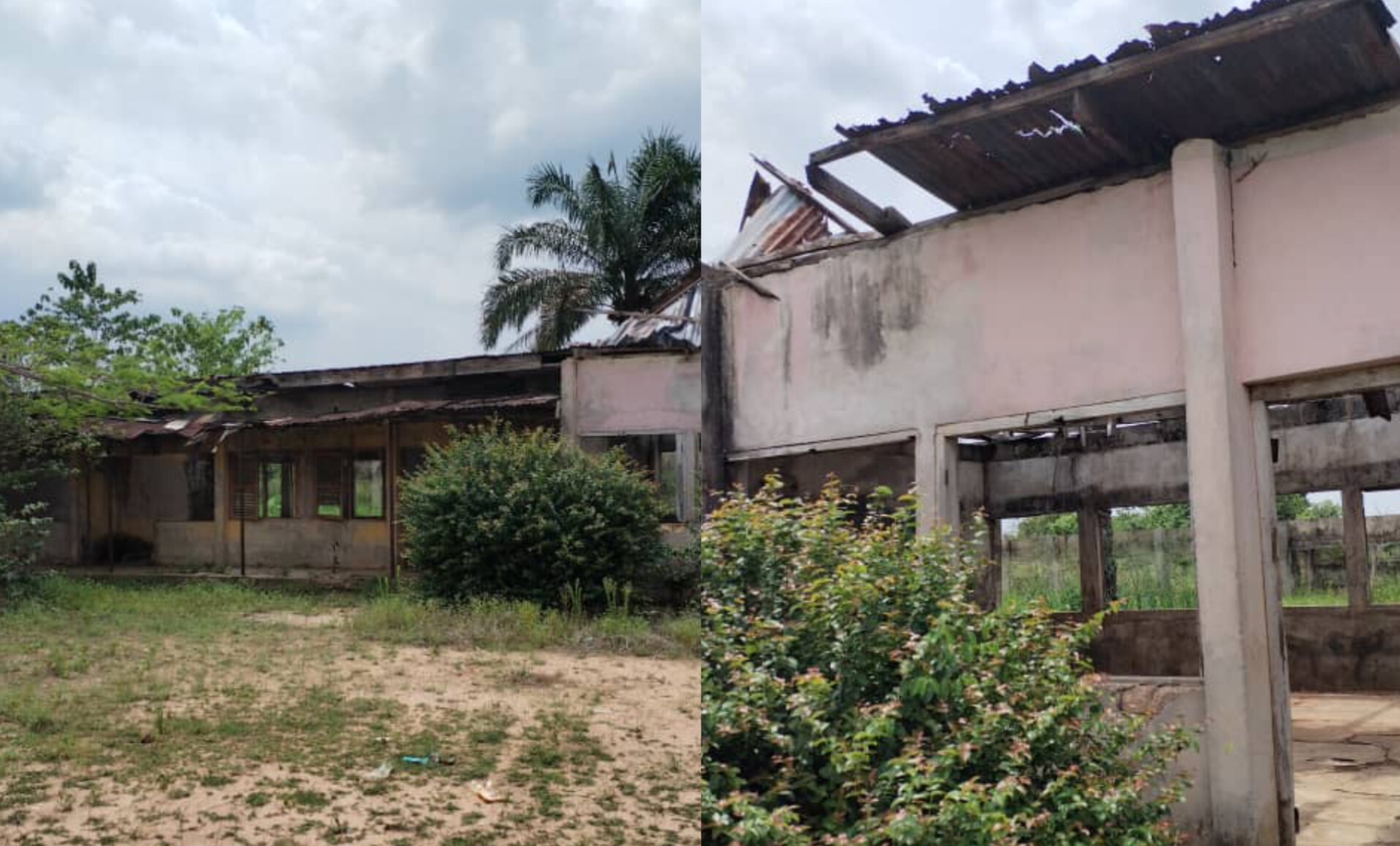
Femi Falana, a senior advocate of Nigeria (SAN), has asked President Muhammadu Buhari to sign the bill seeking to make basic education the right of every child in the country.
In a statement on Monday, Falana said it is the fundamental right of every citizen to enjoy free and compulsory education.
He said it was unacceptable that little attention was paid to the basic education bill which was among those not assented to by the President recently, adding that Nigeria’s figure of out-of-school children remains the highest in the world.
“Sometime in January 2023, the national assembly forwarded 35 constitutional amendment bills to President Muhammadu Buhari for his assent,” the statement reads.
“For reasons best known to him, the President assented to 16 out of the 35 bills. Out of the 16 approved by the President, seven amended the names of some local government areas by correcting typographical errors.
“However, the president has been commended for assenting to bills 31, 32, and 33 which changed prisons to correctional services and transferred them along with railway and electricity from the exclusive legislative list to the concurrent list.
“The implication of such amendments is that state governments have been empowered to establish and run their own prisons, establish their own railway systems, and own electricity power grids, even in areas where the federal government covers. Another important amendment is bill No.6 which has granted financial independence to the state houses of assembly and the judiciary.
“It is sad to note that while a section of the media and advocates of restructuring have celebrated these amendments, no attention has been paid to the refusal of President Buhari to assent to the constitution (Fifth Alteration) nill No. 63 (fundamental human rights) which seeks to alter the provisions of the constitution to make free, compulsory, and basic education a fundamental right of all citizens under chapter IV of the constitution.
“In the cases of SERAP v FRN (2010] ACHPR 109 and LEPAD v federal ministry of education (unreported suit No. FHC/ABJ/CS/978/15) decided by the ECOWAS court and the federal high court respectively, the federal government was directed to provide education for every Nigerian child.
“But due to the failure of the federal government to comply with both judgments, the population of out-of-school children in Nigeria has increased to 20 million, the highest figure in the world.
“In Olisa Agbakoba v attorney-general of the federation & Ors (unreported Suit No: FHC/L/CS/941/2010), the federal high court ruled that the president is required to assent to constitutional amendment bills passed by the national assembly and the two-thirds majority of the states of the Federation.
“But the court did not rule that the president is empowered to veto a constitutional amendment which has been ratified by the national assembly and the houses of assembly of the states.
“In other words, while the president has the power to assent to or withhold assent to bills passed by the national assembly pursuant to section 58 of the constitution, he lacks the power to withhold assent to constitutional amendment bills passed by the national assembly and the houses of assembly of the states under section 9 of the constitution. To that extent, the remaining 19 constitutional amendment bills are deemed to have come into force.”


